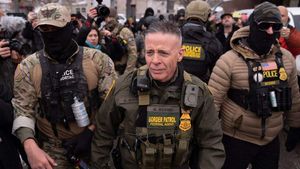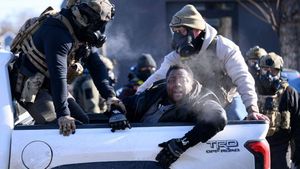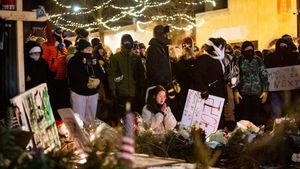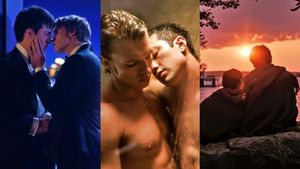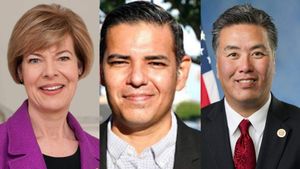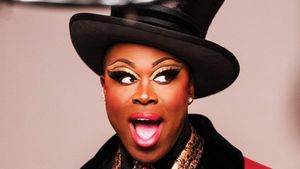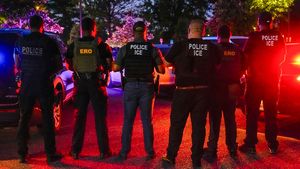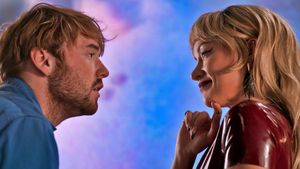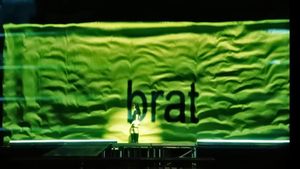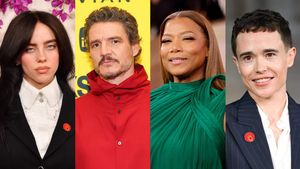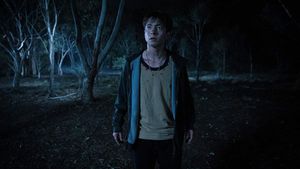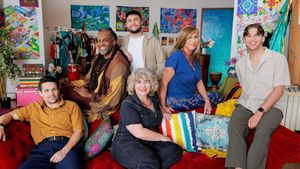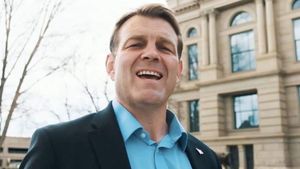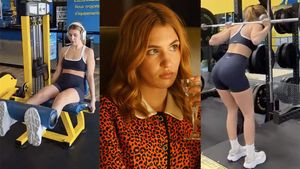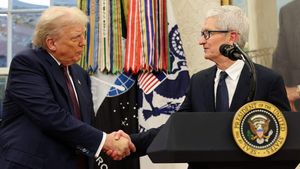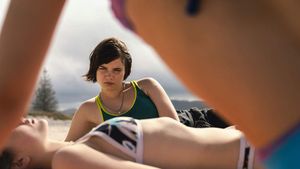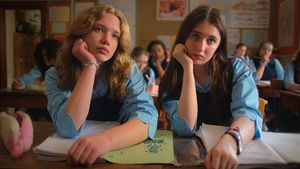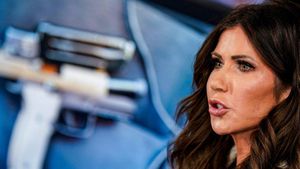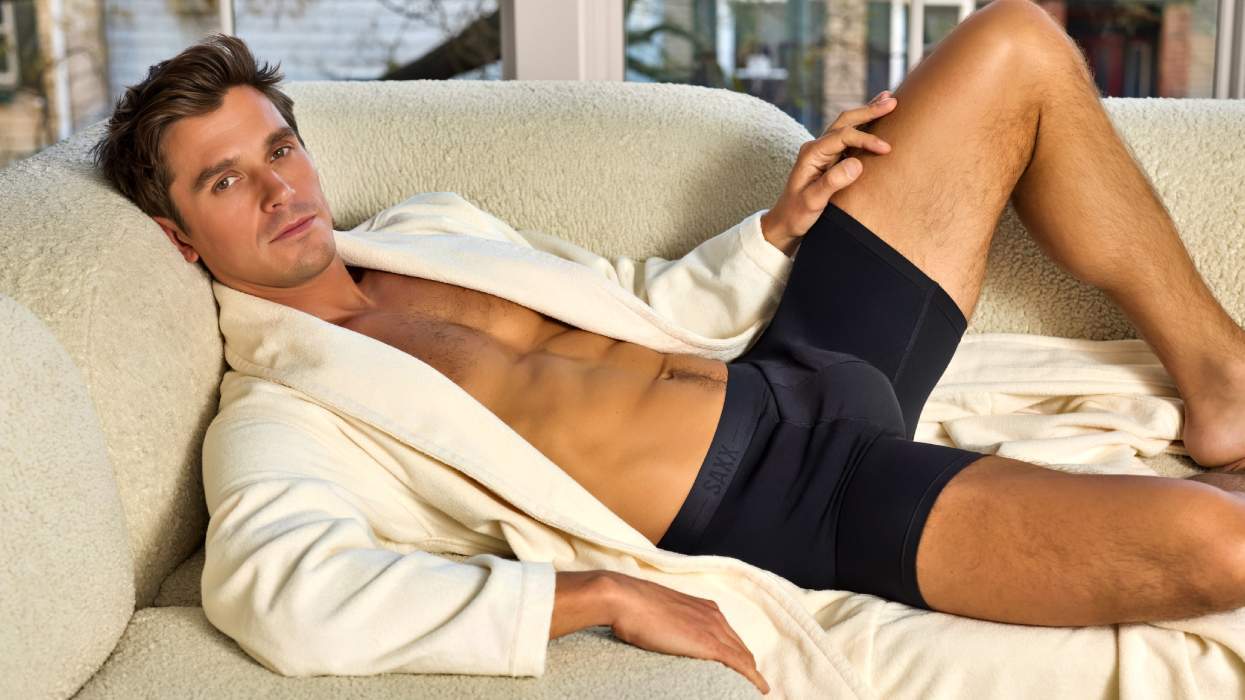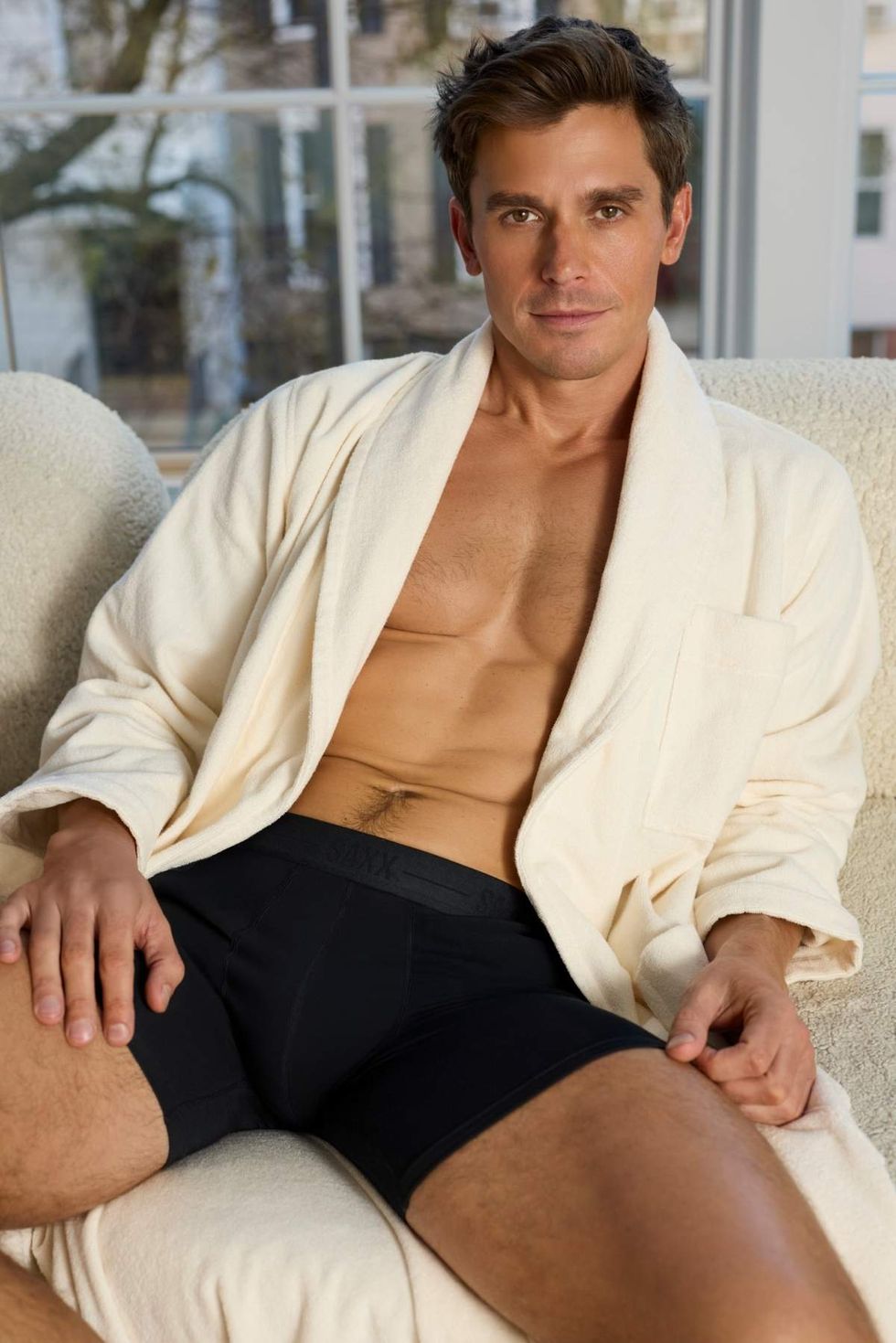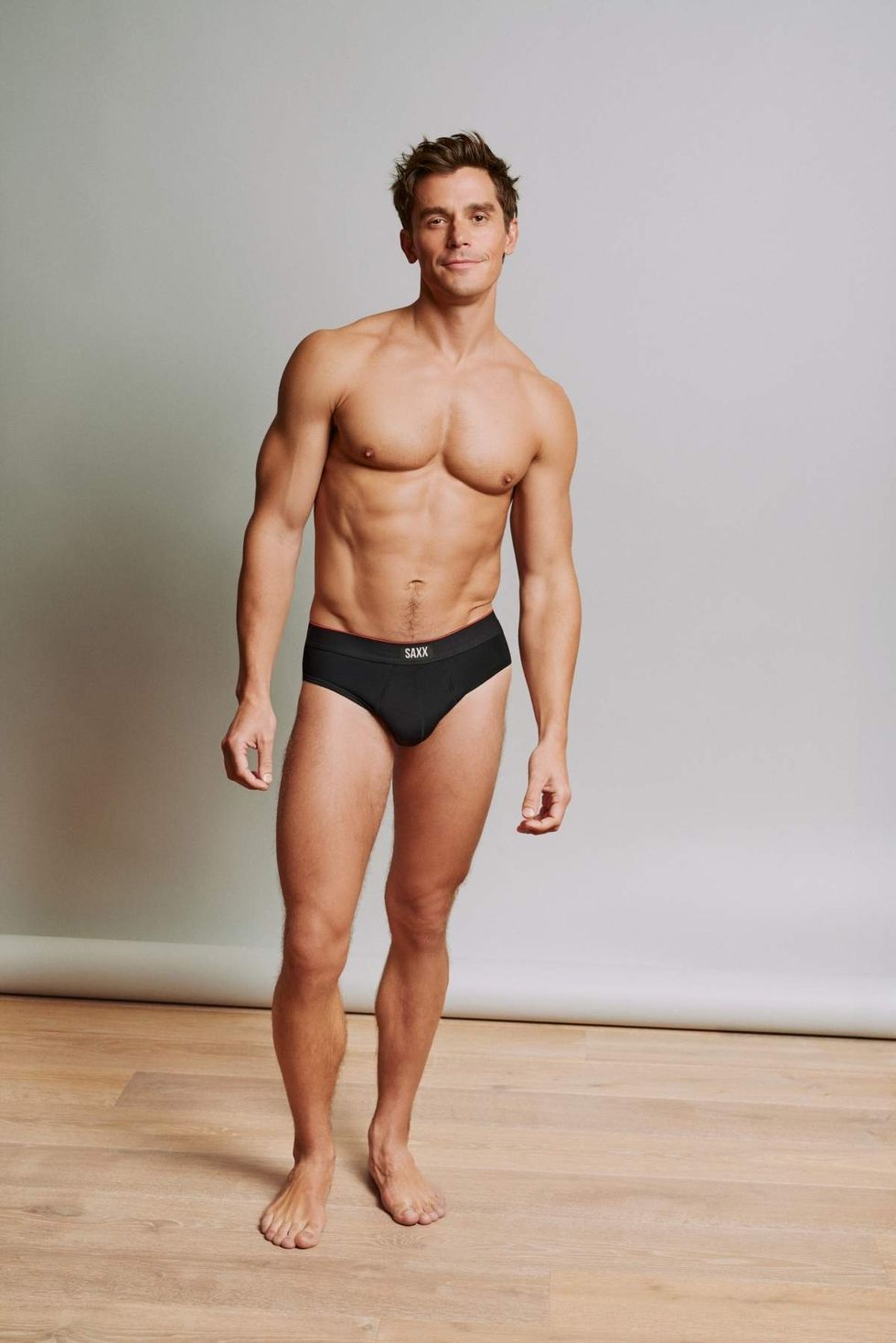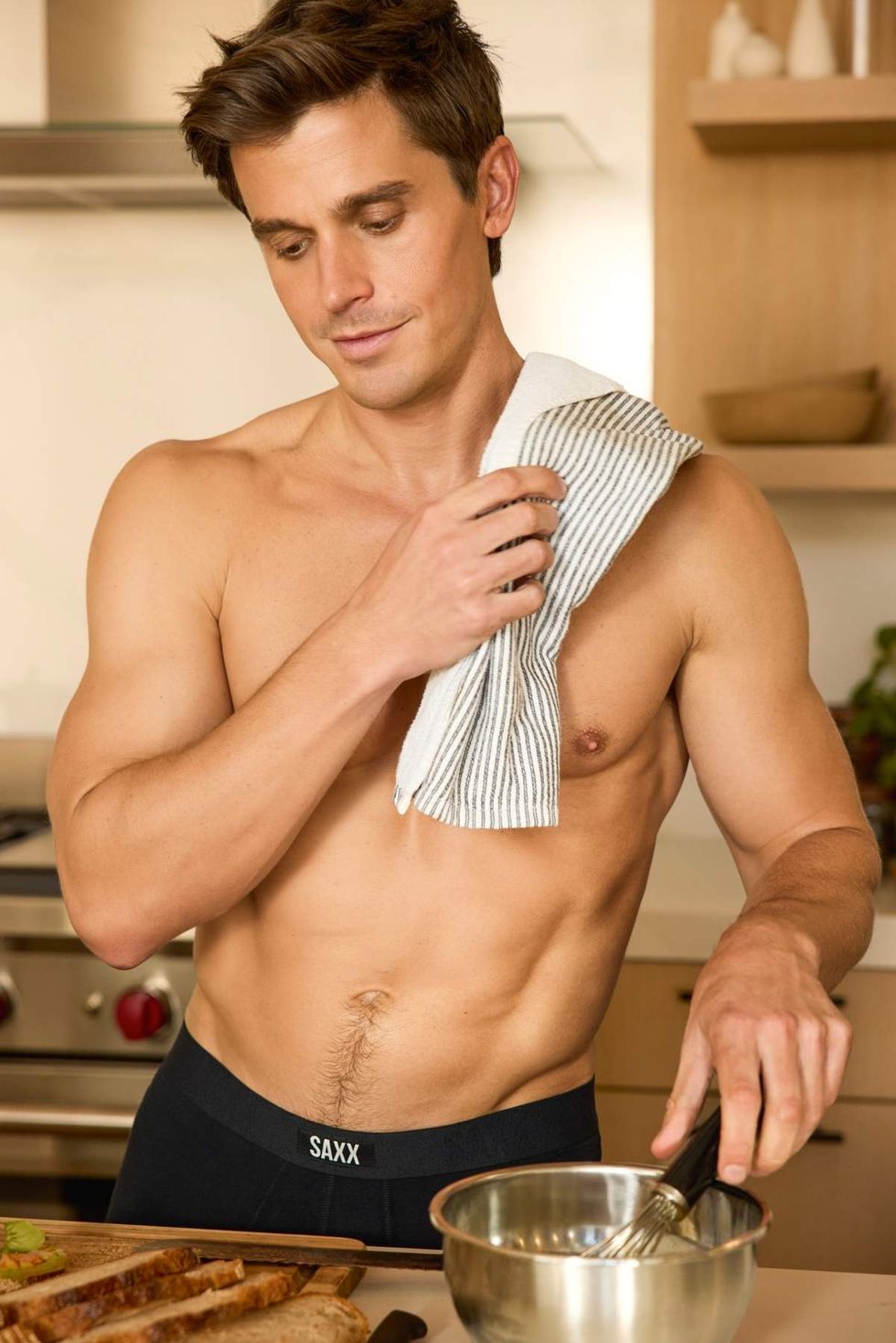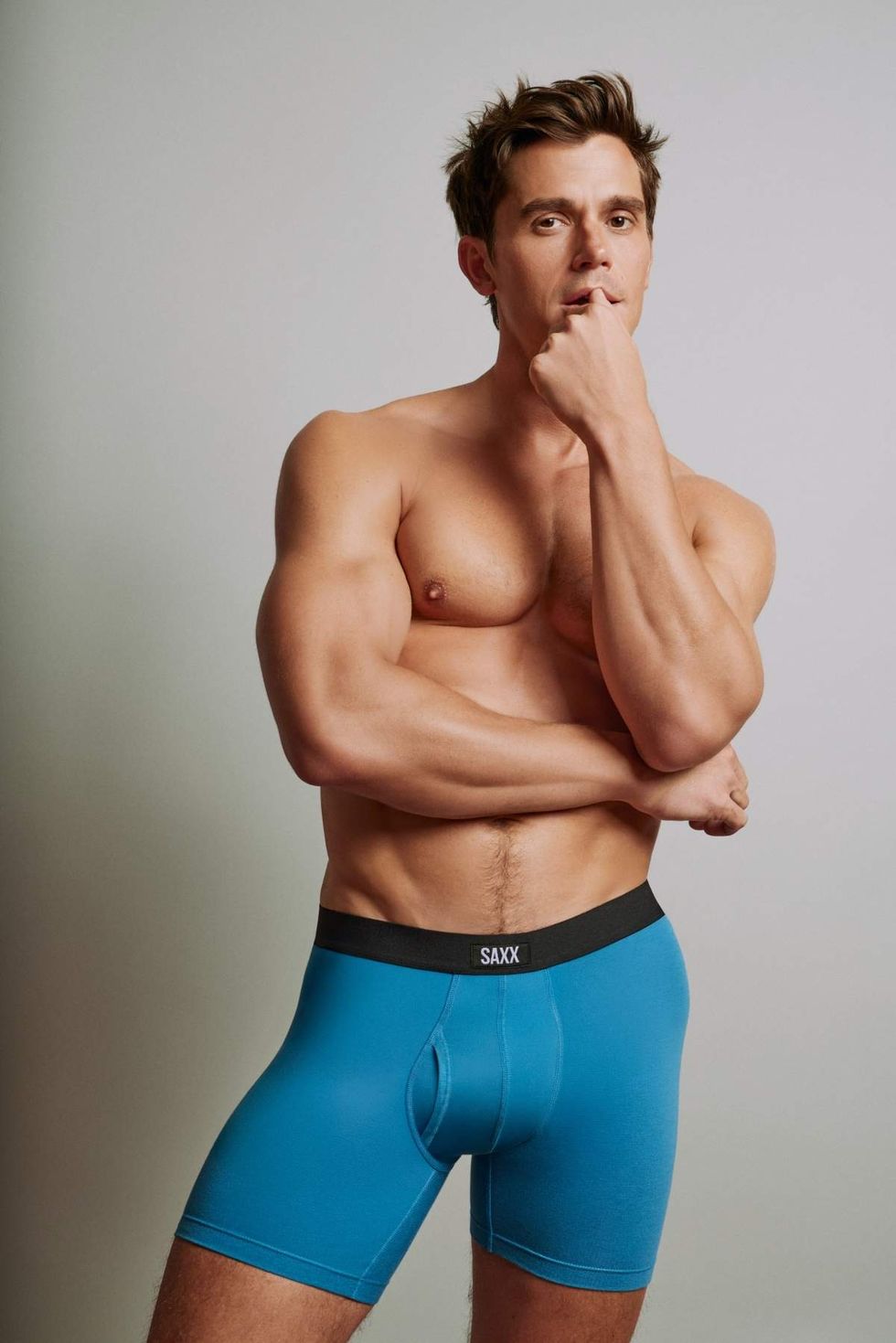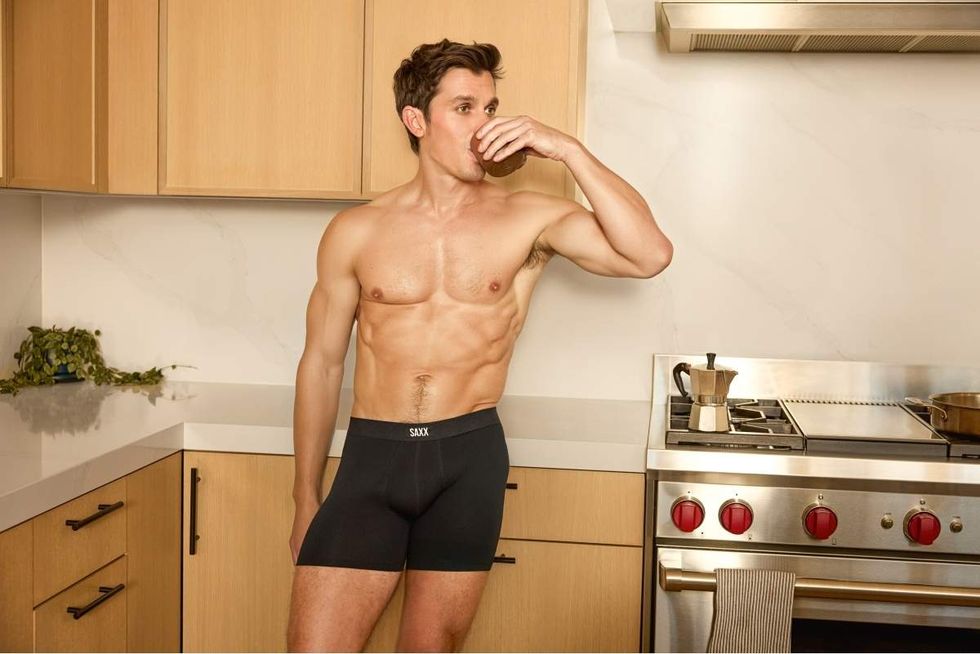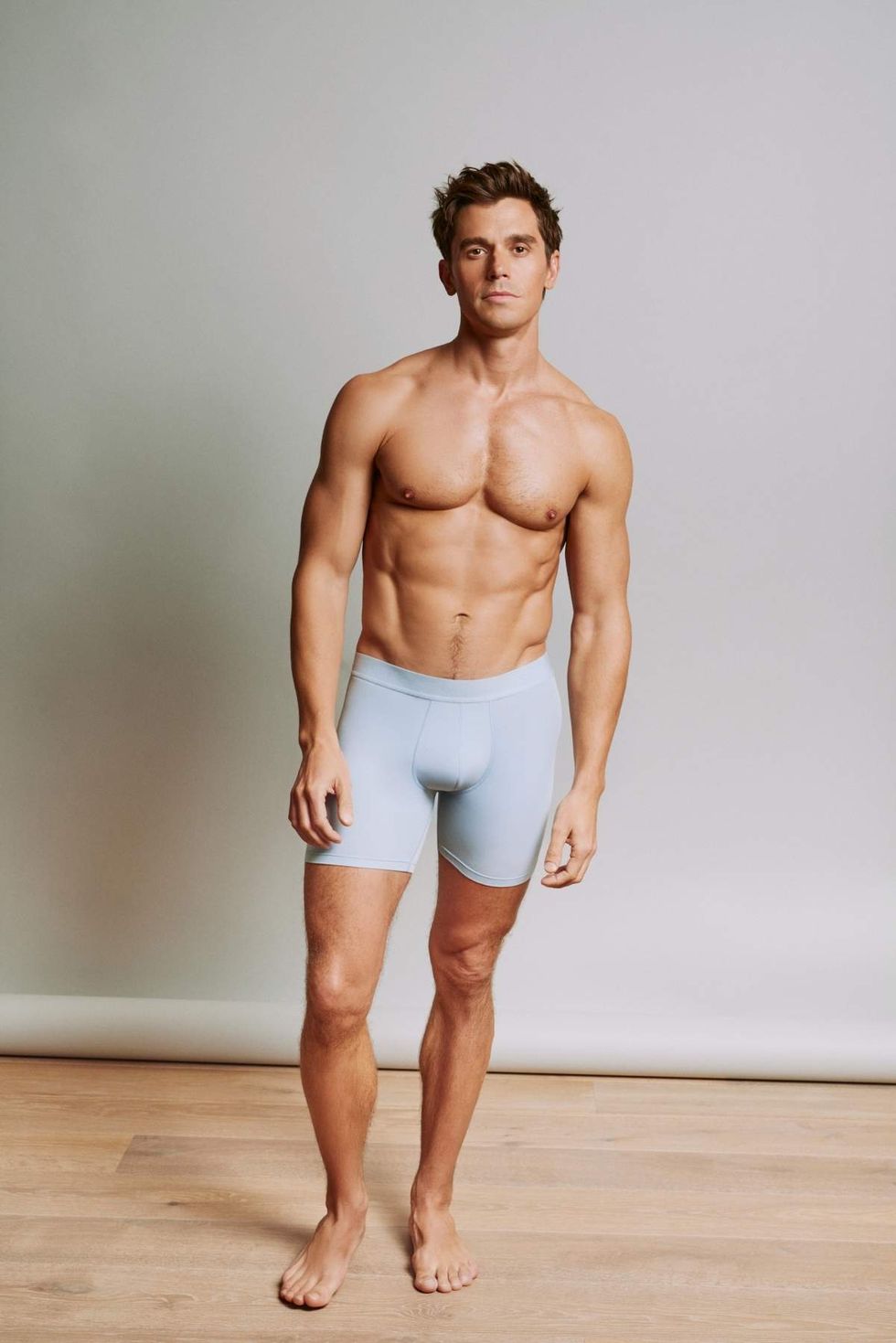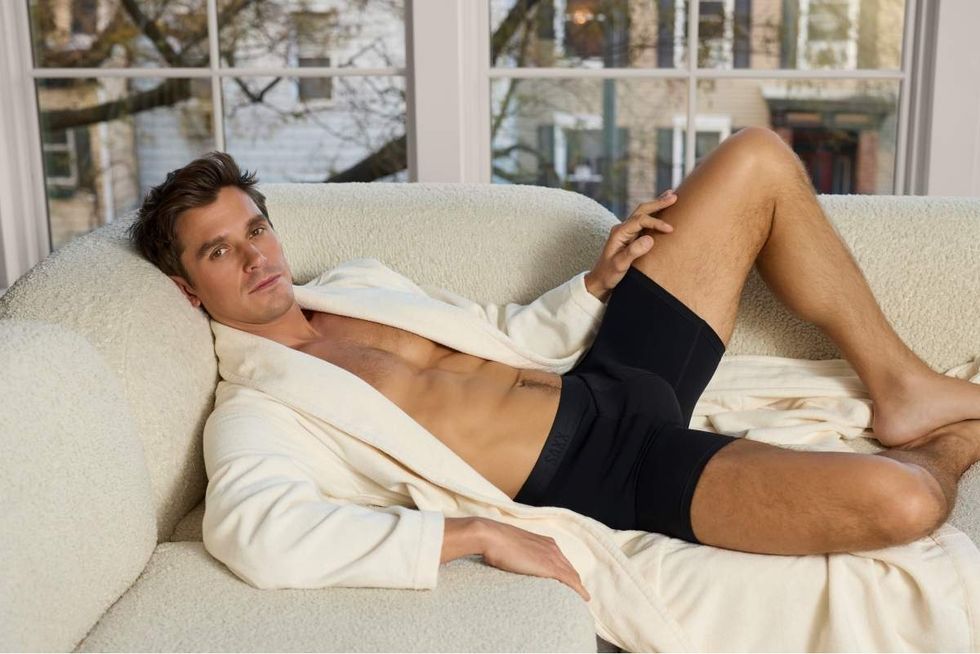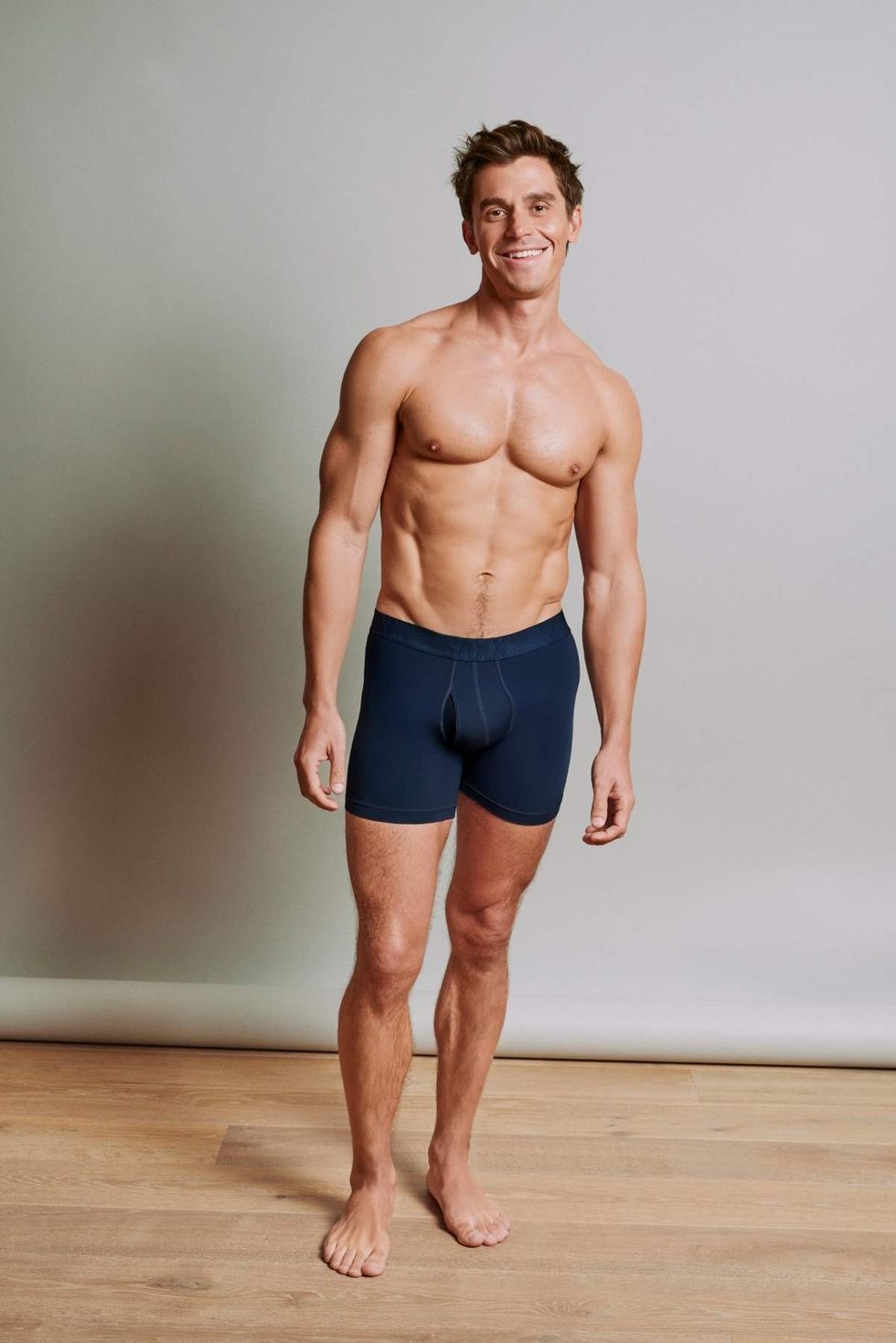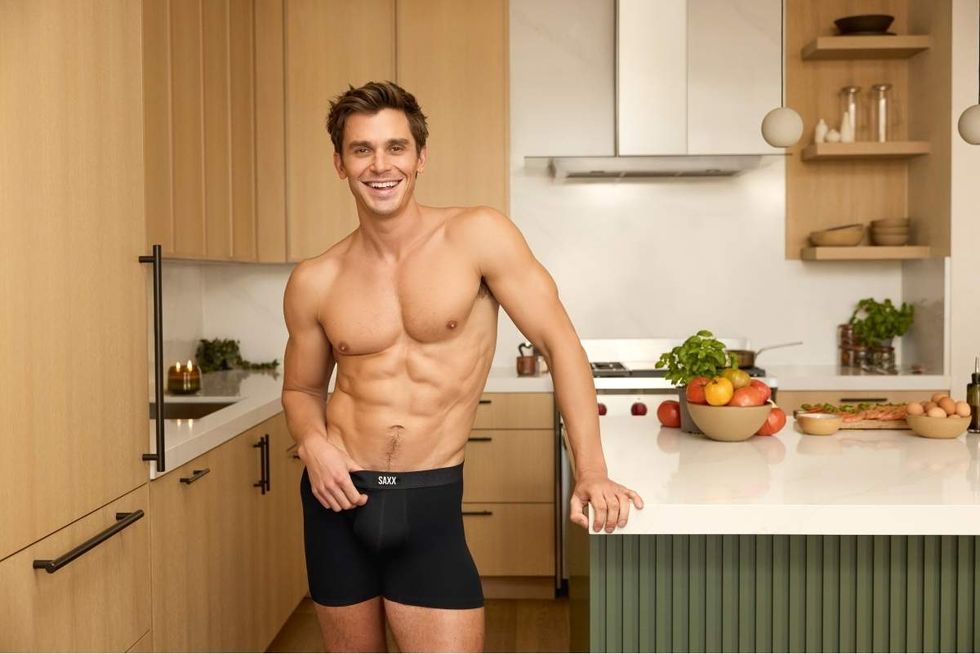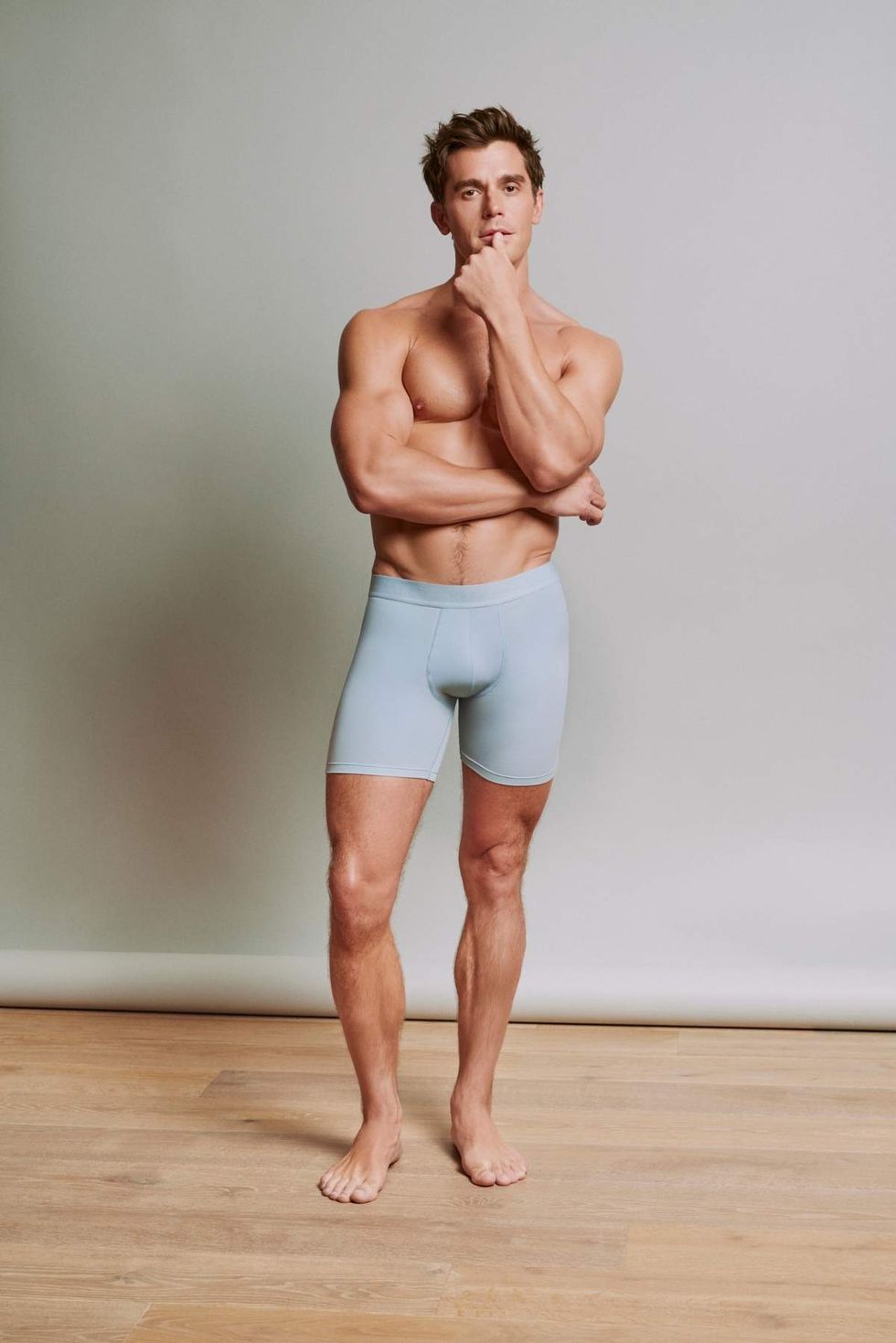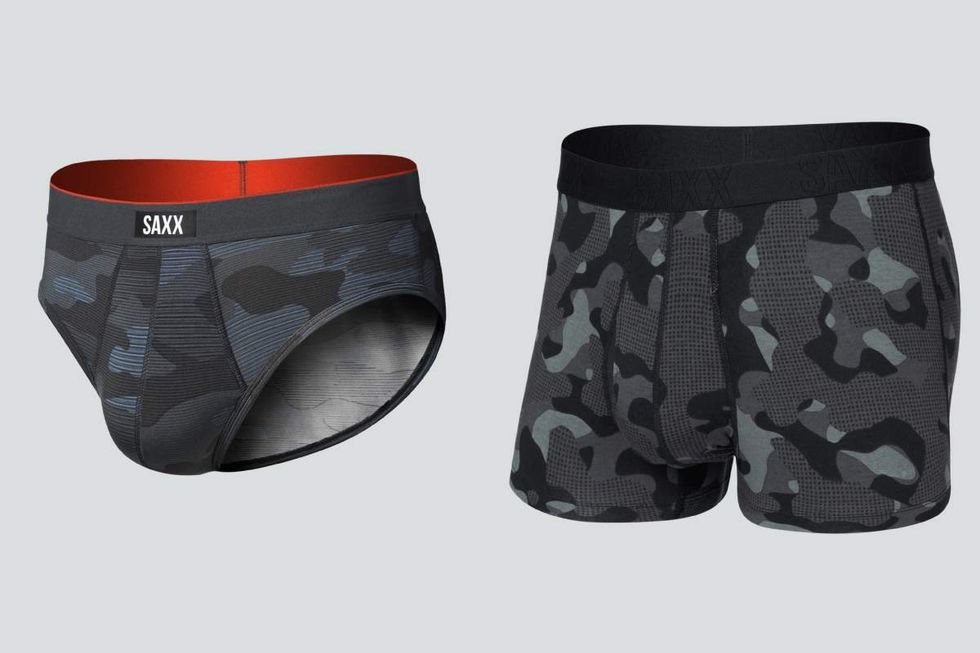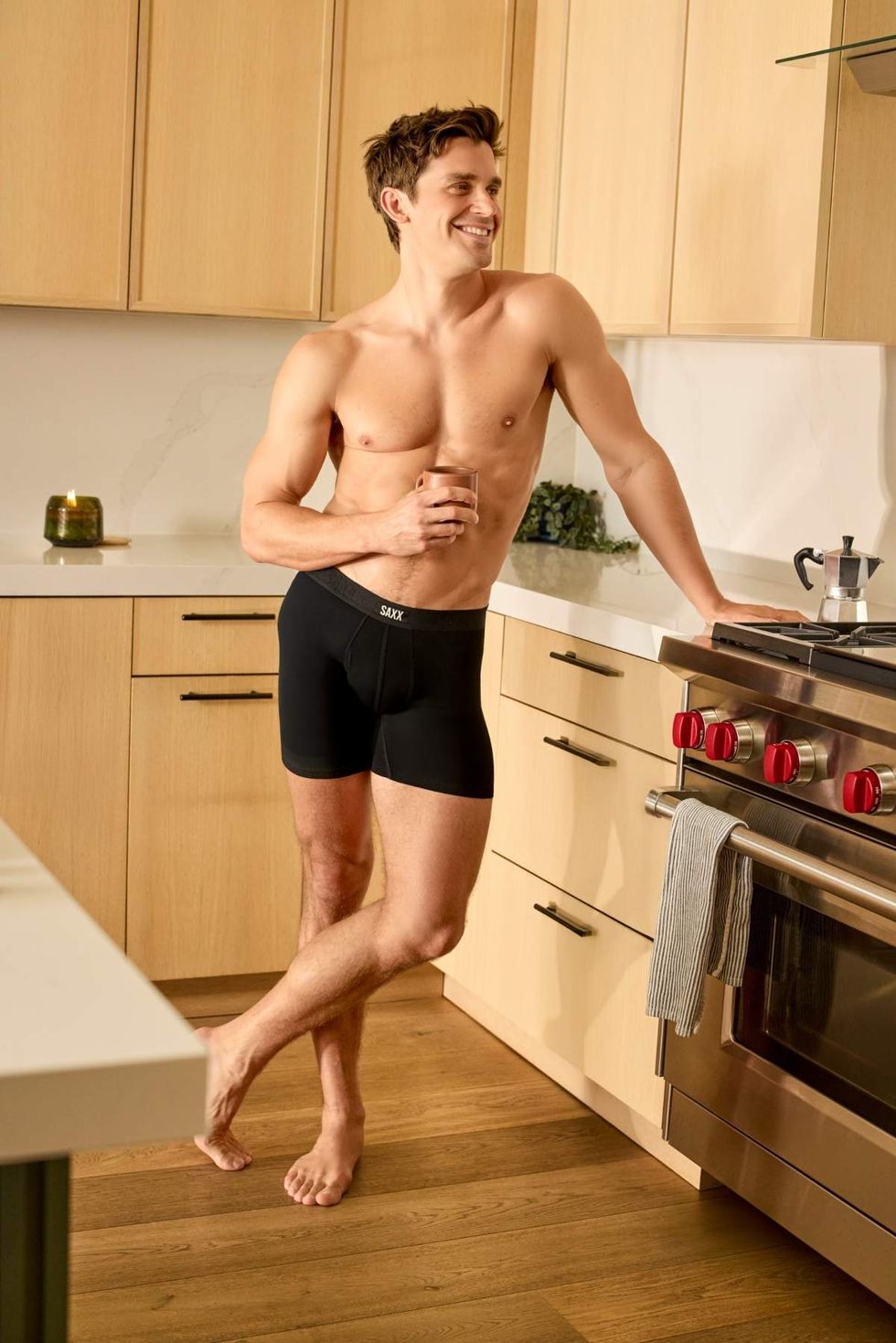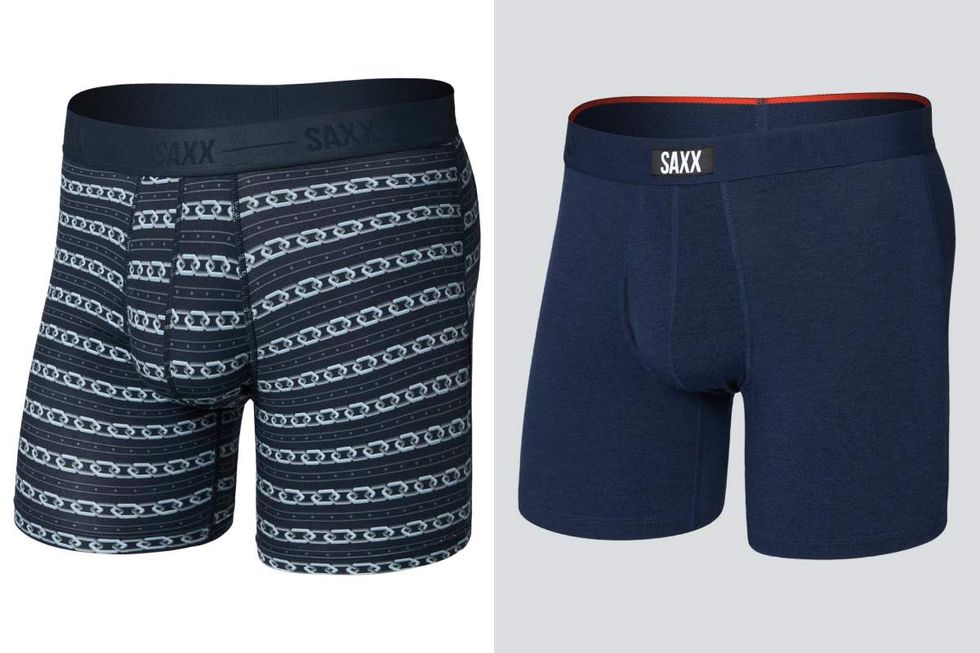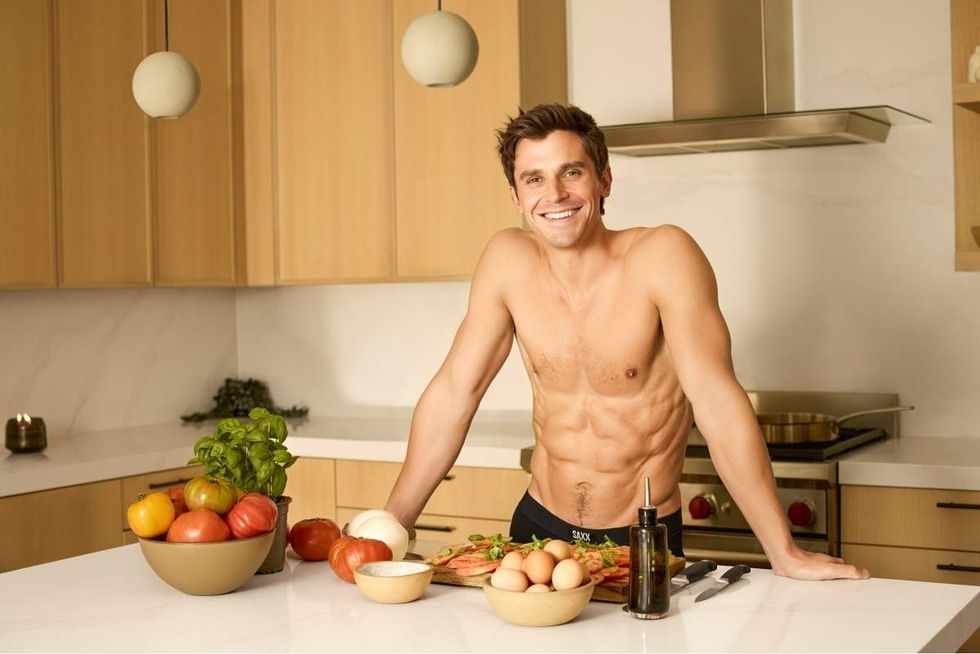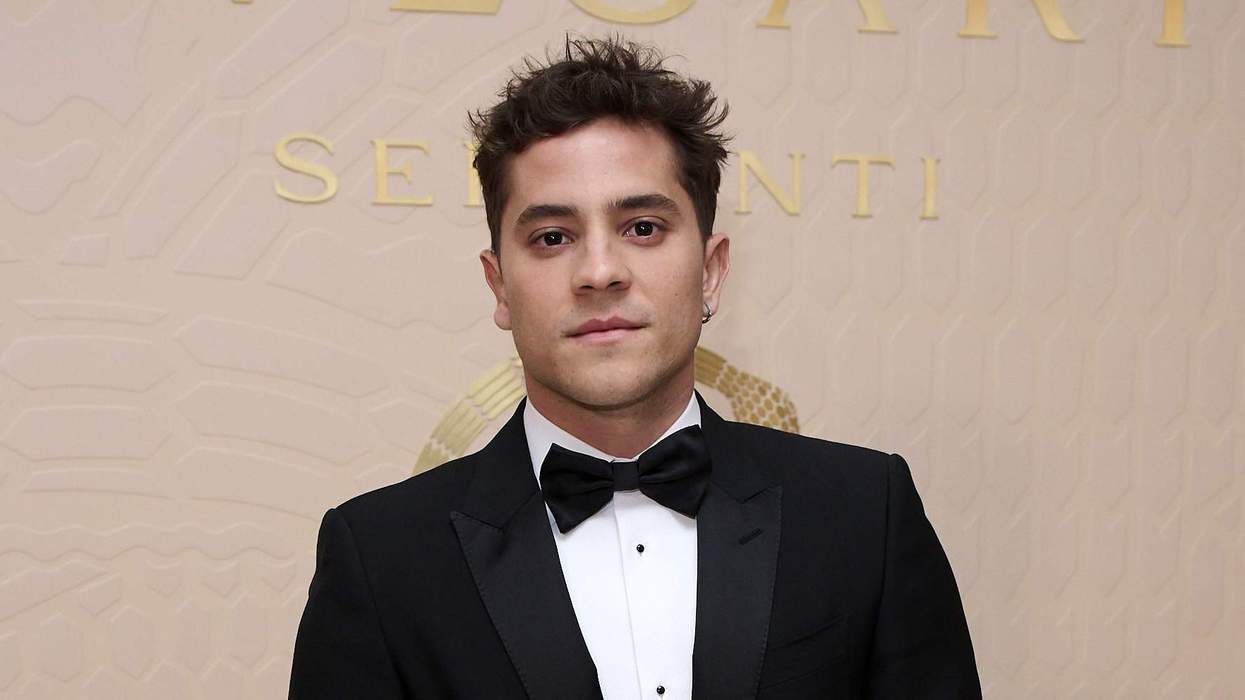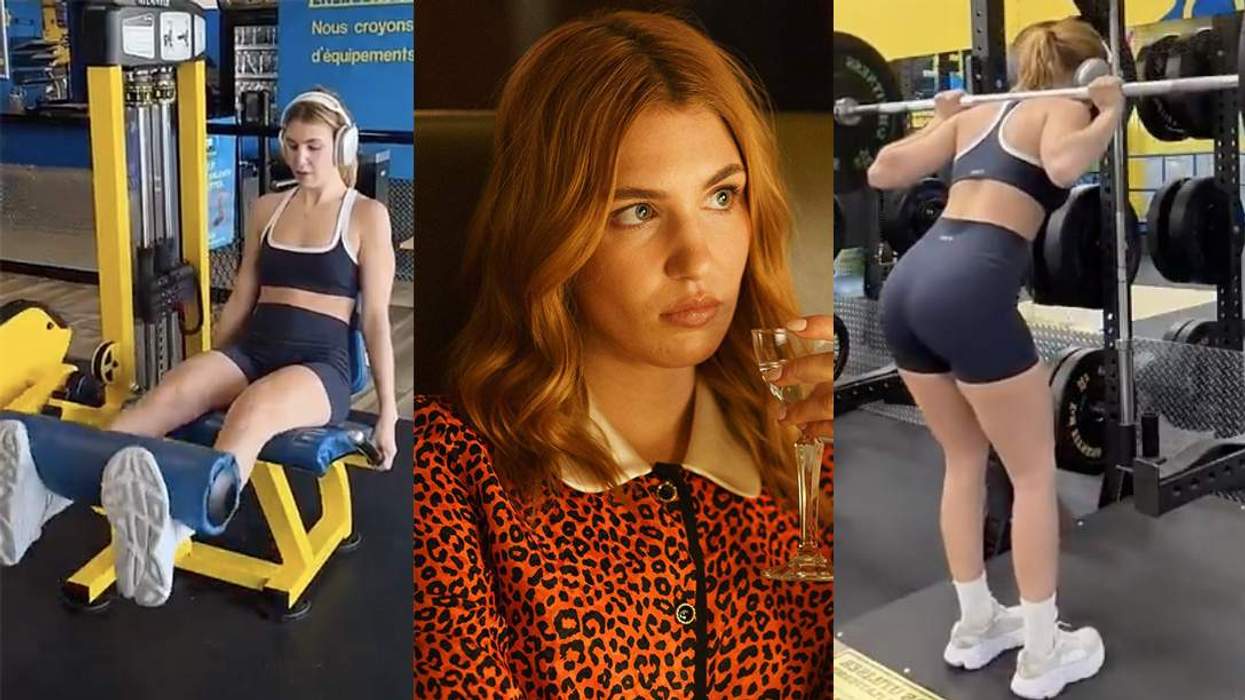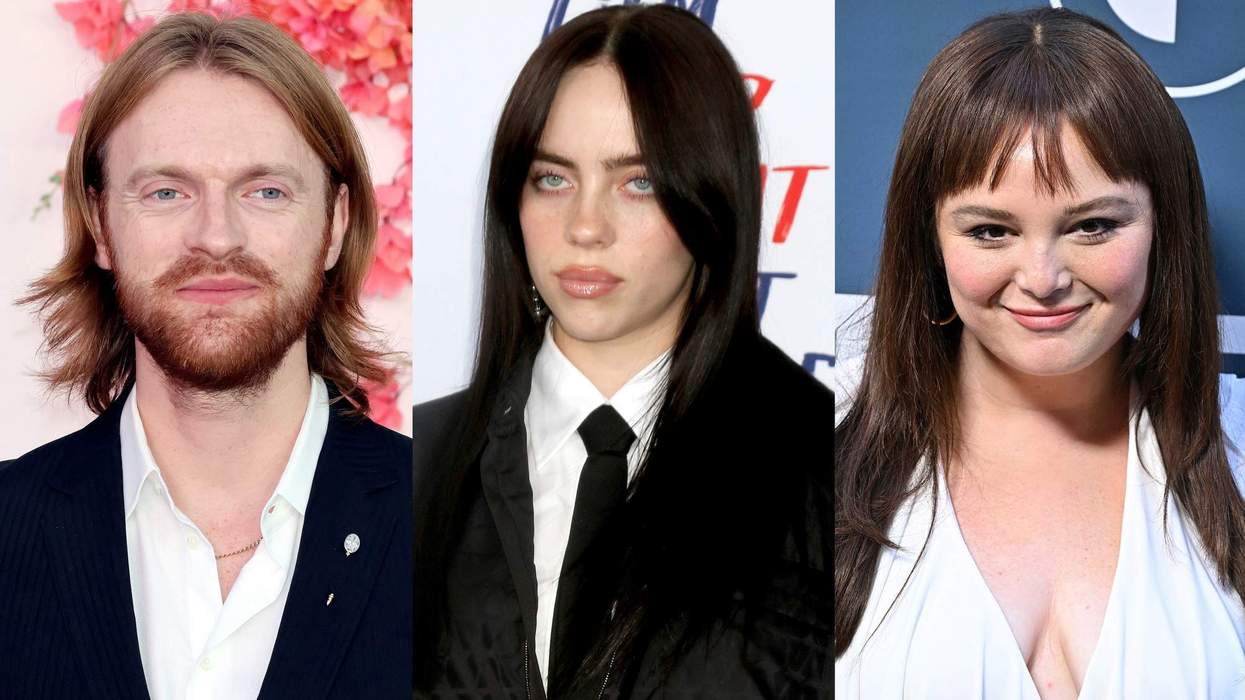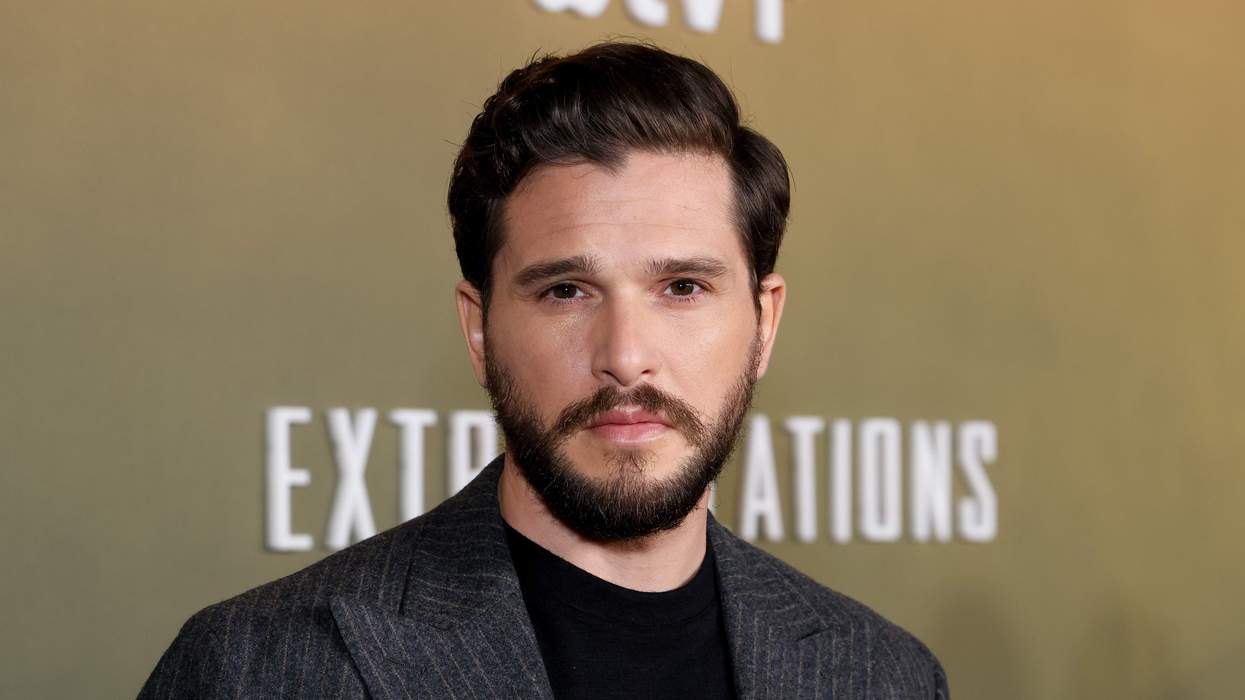Happy Disability Pride Month!
 From left: Ryan O'Connell, Marissa Bode, Chella Man, and Aaron Philip.Kathy Hutchins/Shutterstock; Michael Mattes/Shutterstock; SMonica Schipper/Getty Images; antiago Felipe/Getty Images
From left: Ryan O'Connell, Marissa Bode, Chella Man, and Aaron Philip.Kathy Hutchins/Shutterstock; Michael Mattes/Shutterstock; SMonica Schipper/Getty Images; antiago Felipe/Getty ImagesJust as Pride Month ends, Disability Pride Month begins. The intersection between gender, sexuality, and disability is ever present, and according to a 2019 report from the Movement Advancement Project, 3-5 million LGBTQ+ Americans live with one or more disabilities, and that includes 40% of lesbian women and two in five trans adults.
The judgment people face from society, the lack of understanding of who you are, and the way the government criminalizes your identity and punishes your differences is a shared experience for the queer and disability communities. One that overlaps in unique ways when you are both LGBTQ+ and disabled.
But there are some queer disabled celebs who are using their fame and platforms to fight back against inequality, advocate for more representation and inclusion, and show the world how diverse disabled people are.
So, to celebrate Disability Pride Month, let’s take a look at all of the LGBTQ+ disabled stars who are changing Hollywood and challenging the status quo.
Chella Man
Chella Man is a deaf trans multidisciplinary artist who explores the intersection of gender and disability in his artwork. “My disability was interpreted as a medical issue, producing conversations and resources. But when it came to my gender and sexuality, the world went dark,” Man told GLAAD of the challenges of being deaf and part of the LGBTQ+ community.
Ryan O’Connell
Ryan O’Connell is a gay man with cerebral palsy who is best known for his 2015 memoir I'm Special: And Other Lies We Tell Ourselves, which he adapted into a Netflix series called Special. Special is the only show that was run by a disabled person who stars in it, and O’Connell used the platform to strike back against society desexualize disabled people and take away their sexual agency. "I've often felt like a Ken doll with my private parts removed," O'Connell told Out, and argued that he wanted audiences to "see the character of Ryan as sexually viable.”
Jessica Kellgren-Fozard
Popular British YouTuber Jessica Kellgren-Fozard is well known for her videos on disability awareness, LGBTQ+ history, and vintage fashion. “Telling someone I am gay is instantly accepted, no questions asked, generally with a smile,” the disabled lesbian content, who shares twins with her wife, told The Guardian. “Telling someone I am disabled comes with, ‘No? You don’t look it,’ and a scrutinizing look. Nobody has ever accused every single gay person of ‘scrounging off the state,’ but people have openly said that about disabled people, in front of me.”
Ryan J Haddad
Playwright Ryan J Haddad, who is both gay and has cerebral palsy, explores the intersection of sex, queerness, and disability in his work. Most people likely know him for his role on Netflix’s The Politician or his acclaimed solo play Hi, Are You Single?
Ali Stroker
Ali Stroker, who is bisexual and paraplegic, was a finalist on the second season of The Glee Project and went on to guest star on Glee back in 2013. Since then, she’s graced the Broadway stage and took home a Tony Award in 2019 for Best Featured Actress in a Musical for her role in Oklahoma! And recently, she’s also appeared in a number of hit shows like Only Murders in the Building, Ozark, and And Just Like That.
“Young people with disabilities look, you know, to television and film and theater and the media for signs of where they count and where they can make it in the world,” Stroker told the ACLU about why disability representation is so important. “And when we don't create representation for young people of all different kinds of people, then we send very strong messaging that they are not included in this arena."
Bella Ramsey
Nonbinary and autistic actor Bella Ramsey was diagnosed back in March, but the Last of Us star told British Vogue in their first interview talking about their diagnosis, that it has helped them better understand who they are. “The label of being autistic has been so helpful to me because that’s helped me to understand myself, but gender and sexuality-wise, labels do not feel comfy for me in any capacity, because I feel like I’m putting myself into a box. I feel trapped,” they said.
Hannah Gadsby
Genderqueer comedian Hannah Gadsby burst onto the scene in 2018 with her groundbreaking comedic special Nanette, where she unpacked gender, sexuality, and trauma in a hilarious and heartwarming way. Gadbsy has not only been open about their queer identity, but they also explored being autistic in a follow-up Netflix special in 2020 called Douglas.
“For a long time, I worried that I’d been misdiagnosed. It was difficult to believe that I wasn’t entirely to blame for my life being such a painful struggle, because I was so used to assuming I was a bad person. It took me a long time to get brave enough to simply share my diagnosis. My experience did not match the popular understanding of autism, and I knew I had to become an expert in neurobiology in order to untangle the myriad myths surrounding autism – just to beg permission to claim that piece of my identity,” Gadsby wrote in an essay for The Guardian about being autistic.
Marissa Bode
There are few disabled actresses who make it far in Hollywood — and even fewer who are paraplegic and queer — but Marissa Bode made it big when she landed the role of Nessarose in the musical films Wicked and Wicked: For Good.
Bode was even able to add a moment into the film where a character tries to push Nessarose’s wheelchair around without her consent — an experience many disabled people are familiar with. “Have had many a stranger touch my wheelchair without consent, unfortunately. It’s usually a man, which isn’t my favorite, but that’s a conversation that was very important to include in the movie,” she told Spectrum News. “So maybe non-disabled people have a different perspective of how they interact with disabled people and how they assume things without fully asking. So, I think that was something I relate to and a very important addition to the film.”
Hormona Lisa
Trans Drag Race star Hormona Lisa has been very open and vocal about being autistic. “I really hope that by sharing my story, I can give others with autism the courage to embrace who they are, even when it feels like the world doesn’t quite get them,” Hormona previously told PRIDE. “Sharing my diagnosis has always been something I’ve been hesitant about, but I’ve come to realize that being open about it is important — not just for me, but for others who might feel alone in their own struggles."
Aaron Philip
When Aaron Philip started her modeling career at 16 years old, she had no idea that in two years she would become the first black, transgender, wheelchair-using model to be signed to Elite Model Management. But Philip is not just a beautiful model, she’s also an LGBTQ+ and disability rights advocate who believes strongly in diverse representation in media. “My goal is normalizing the presence of disabled people, women/femmes who are trans and gender nonconforming trans people,” she told Dazed Digital. “So that we can simply work, exist and be authentically valued in the high fashion industry and the world itself as a whole.”
Nyle DiMarco
Deaf actor and model Nyle DiMarco came out as sexually fluid in 2015. He is best known for being the second male winner and first Deaf winner of America’s Next Top Model, starring of Switched at Birth, and winning season 22 of Dancing with the Stars. He also launched the reality series Deaf U on Netflix, was the executive producer on the short film Audible, and wrote a memoir titled Deaf Utopia: A Memoir–And a Love Letter to a Way of Life.
DiMarco told Ability Magazine that the biggest reason he wanted to focus on these projects was the lack of accurate Deaf representation on screen when he was a kid. “Growing up, anytime that there was a Deaf representation or Deaf storylines in TV or in film, Deaf and hard-of-hearing people were always portrayed as one-dimensional without nuance or depth,” he explained. “While perhaps that wasn’t necessarily wrong, it just wasn’t accurate or reflective of my experience or perhaps other Deaf or hard-of-hearing people’s experiences."
Skyler Davenport
Blind nonbinary actor Skyler Davenport wowed audiences with their role in the home invasion thriller See For Me in 2022 and talked openly about the need for more disabled actors playing disabled roles. “It’s not that you can’t be a good actor, and you can’t portray it accurately. But I think people that come into this world, and for whatever reason, their beingness has decided to experience a disability...there’s something so special about that,” they told Forbes. “It brings this little indescribable spark to the role that you’re just not going to get with someone that doesn’t live in that day-to-day.”
Bradley Riches
Out gay actor Bradley Riches, who stole audiences' hearts when he starred on Heartstopper, Celebrity Big Brother, and now the British soap opera Emmerdale, has spoken openly about feeling misunderstood by people because he’s autistic. "Acting is an escapism for me. I feel free and understood when playing characters when, most of the time, I felt misunderstood as Bradley. I am so happy that I can show autistic people that they aren’t alone and that they aren’t invisible – they are beautiful and magical,” Riches, who was diagnosed when he was 9 years old, told Metro.
Wentworth Miller
Gay actor Wentworth Miller made a name for himself on Prison Break before starring in DC’s Legends of Tomorrow series. Miller then came out as autistic in 2021, when he told his followers on social media how much being autistic is tied to his identity. "This isn't something I'd change … immediately being autistic is central to who I am. To everything I've achieved/articulated," actor Wentworth Miller wrote on Instagram, People reported back in 2021.
Josh Thomas
Autistic comedian and actor Josh Thomas, who has starred on Australian shows Please Like Me, Everything’s Gonna Be Okay, and The Strange Chores, wasn’t diagnosed until he was an adult. Despite going most of his life not understanding his disability, Thomas thinks the way his mind works has been the key to the success of his podcast, How To Be Gay, where he talks to people about their experiences being part of the LGBTQ+ community.
“I was more aware of the fact that [I’m] bad at some stuff … getting people to feel comfortable and talk about themselves – I wouldn’t say I’m the frontrunner for that job. Which I think got us interesting interviews because I’m so direct, and nobody sounds like they’re bullshitting or being performative,” he told The Guardian.
Bex Taylor-Klaus
Nonbinary actor Bex Taylor-Klaus has spoken openly about being AuDHD, meaning that they are both autistic and have ADHD, and the importance of learning to “embrace” your disability. “Embrace it. It may be a nuisance, it may be hard to deal with sometimes, but you can learn to manage it. Don't ever try to get rid of it entirely. Attention deficit makes you special,” Taylor-Klaus said of their ADHD diagnosis, Additude reported.
Jillian Mercado
Dominican-American model and actor Jillian Mercado is an outspoken disability advocate who has muscular dystrophy and uses a wheelchair. The L Word: Generation Q star has used her fame to push for more disability representation and gender inclusivity in both fashion and television.
She told The Mighty that “it’s very, very important to see that authentic representation because it’s a life experience that someone who doesn’t understand that authentic experience shouldn’t be able to portray. It makes you feel good about who you are, and it lets you know that you can be anything that you want to be. And so that’s very important to have representation… to know that you can be a doctor, you can be a lawyer, you can be a mom, you can do anything you want to do.”

